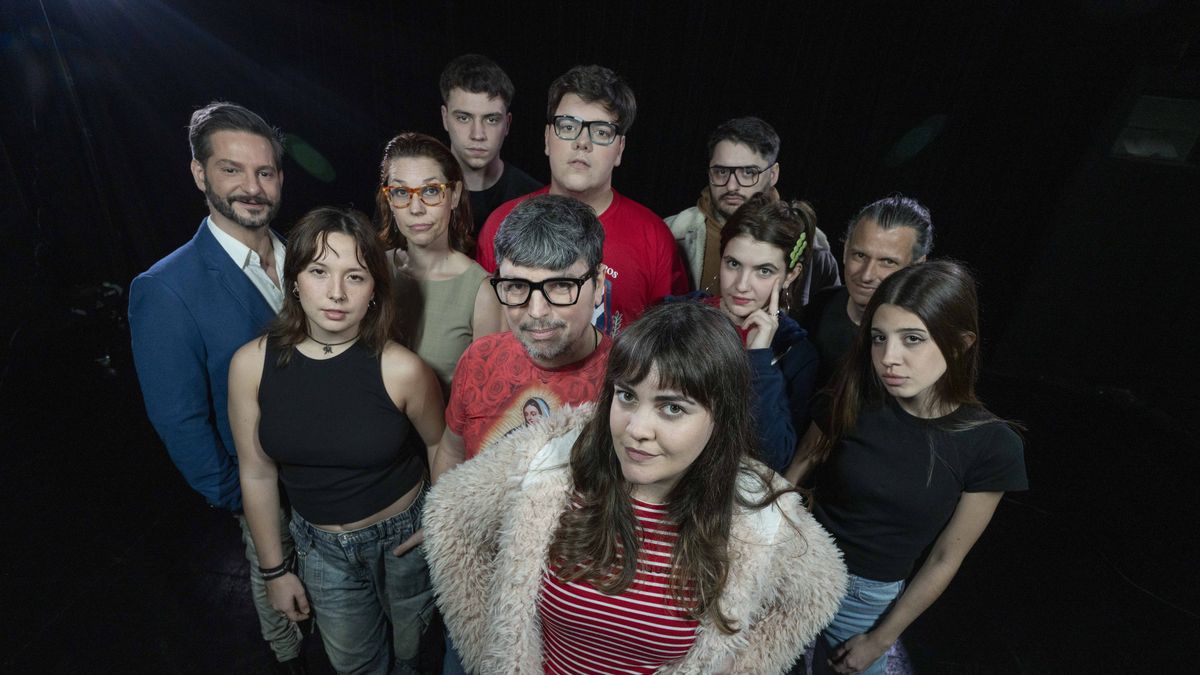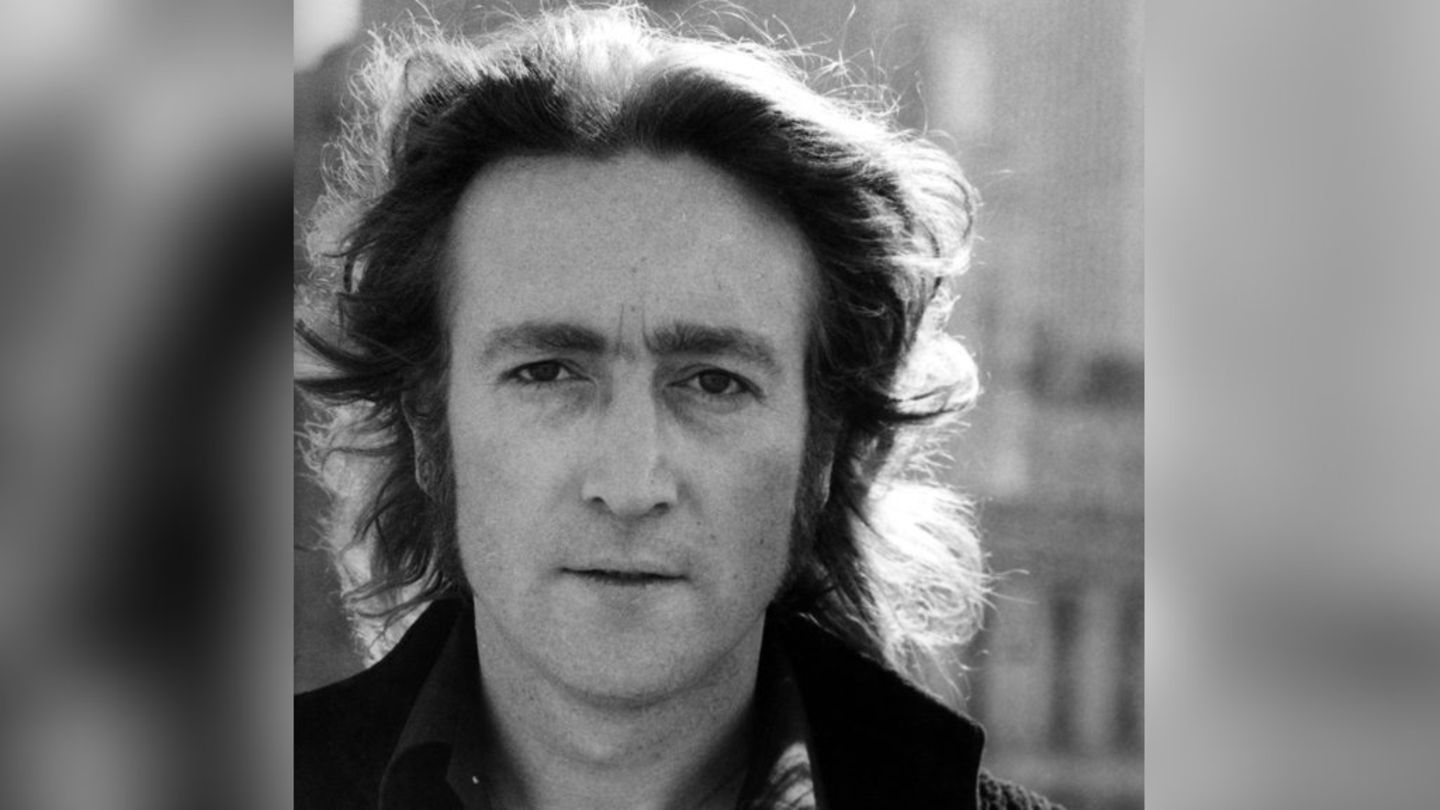“Adolescence is like a second birth, one’s own identity emerges, children begin to have their own voice,” says Carolina Refusa, who plays the mother of a teenager in “Click, when everything changes.”
The work written by the Spanish Itziar Pascual and Amaranta Osorio is directed by Alejandro Casavalle, and features performances by Refusa, Andrea Moneta, Marianela Zapelli, Tomás Cochello, Carolina Refusa and Nicolás Armengol. It can be seen every Saturday at 5pm in The Kairós Method. We talked with the Refusa and Moneta.
Journalist: What attracted you to this text that addresses a pivotal stage in the lives of children and parents?
Carolina Refusta: The first thing was emotion, I cried, and then the helplessness of this mother in front of this teenager who wants to experience life, go out and wear everything went through me. It took me back to my own adolescence and even to me as a mother with two 12-year-old daughters entering that stage. I had to de-idealize my girls and see who they are. I work with teenagers and being able to accompany them in this process of finding themselves moves me. I had very good company in my adolescence with an adult who listened to me and that is what they need. Both adolescents and parents go through important crises, and inevitably the children’s adolescence brings with them what the parents experienced. Depending on what we experience, we repeat patterns or do exactly the opposite.
Andrea Moneta: It shows both universes, that of children and parents, that adolescents do not see. At that stage they are in their own world, dreams, emotions while parents lose sight of that universe that is formed in adolescents. Sometimes you forget what happened in your own adolescence and it makes it difficult to understand your children. There is suffering on the part of parents who go through a lot of sacrifice to have their children, raise them, take care of them, contain them, give them love, they do their best, and as a child you don’t see that and instead you see the faults.
Q: What themes does the work touch on?
CR: Image and eating problems, limits and crossing them, overflows, the little self-care they sometimes have and where are these adults who do not see these adolescents. They are in their vital crises, supporting their work, their relationship, their communication. The fears, the wear and tear of everyday life, the maelstrom.
A.M: Bullying, the educational system, eating problems, loneliness, old and new friends, changes, parental frustrations, absences, drugs, alcohol, sex, rebellion. That young rebellion leads the protagonist to have a great click that completely changes her life.
Q: What is the challenge of your characters?
CR: To be true, and for that I have my story, what moves me, makes me happy, amuses me, the challenge is to live up to the story that you want to tell. Trust the machinery so that each thing has its detail. Reach out to the public.
A.M: Growing up and being able to be happy without things having to be any other way. She has a situation that asks her to be strong and embrace herself.
Q: How did the work change from paper to stage?
CR: The work read had weight but the setting was put together by Alejandro. Everything took great flight in the scene, it is a work of acting and the staging accompanies it very well, even without scenery it is put together on the stripped stage, the sound is another actor.
A.M: Many things were thought about for the launch that are not there today but were necessary to get to where we are. We respected the creative process of the work, events guided us where the production had to go.
Q: What is it like doing independent theater today?
CR: It’s different from fifteen years ago, you dedicate what you can because you have other activities. When it premieres it is a priority but it is different from when I started, I am different. What does not change is the freedom to choose the material, knowing the process and effort ahead, the material comes to uncover something. The desire is for the public to question themselves and move through life more lightly. Doing independent theater and choosing who with is a pleasure.
A.M: It gives many joys beyond the material, it is more spiritual in my case. It is a little seed that is planted and one never knows when it may bloom but at the same time it requires a lot of patience, commitment and persistence. We are pretty good and that’s why we can do it, but the difficult thing is production.
Q: How do you see culture and theater?
CR: I worry that everything became ephemeral, instantaneous, and that goes against the processes. There is a lot of good offer that cannot be sustained over time to see how the material can be throughout the performances because there are 8 performances and that’s it. I wonder if short theater lasting a few minutes has the essence of theater, just as we don’t see 3-hour plays. I am crossed by time. The meeting is incredible, seeing others, post-pandemic the need to meet exploded and there is the fear that it will happen again, that is terrifying. Culture is something that we have to continue transmitting to have identity, it is taught from home, from the family.
A.M: It is a great expressive device that works as a tool to observe ourselves, reflect and, as in the work, there are more questions and answers. It invites us to reconnect with ourselves and with who we truly are.
Source: Ambito




